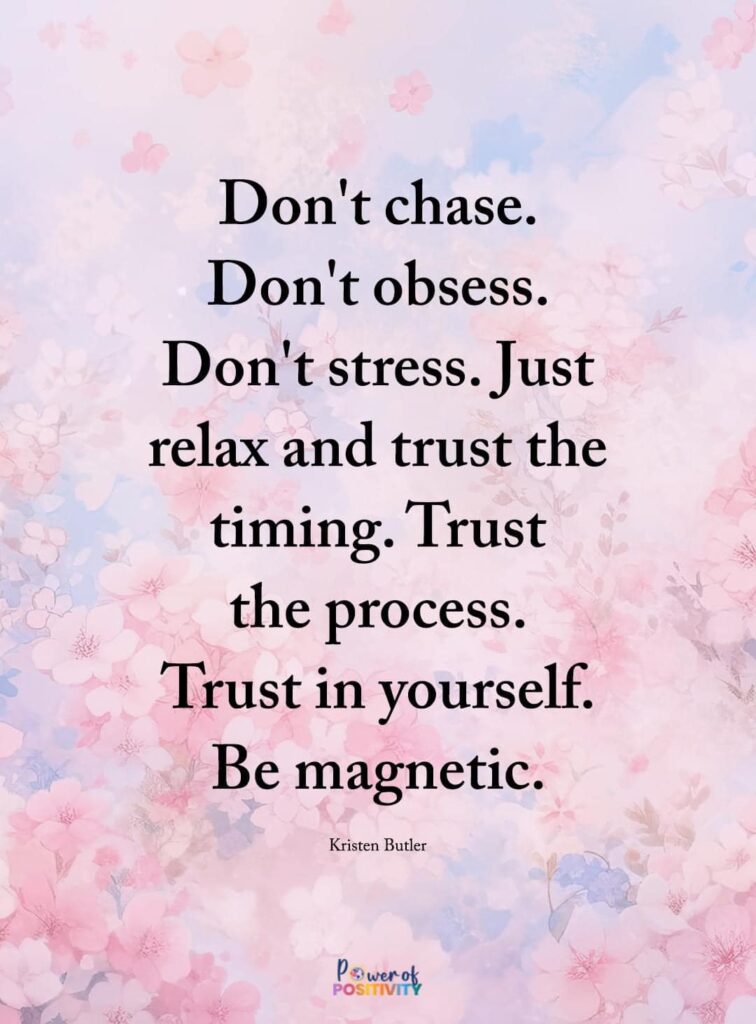Something feels off, but you can’t quite put your finger on it. A friend, partner, or even a coworker seems irritated when you talk to others. They ask too many questions, check in a little too often, or act distant when you don’t give them your full attention. These small moments might not seem like a big deal, but they could be early signs of jealousy.
A little jealousy is normal—it’s a quick, passing feeling of insecurity. But when someone constantly questions your actions, keeps tabs on your every move, or makes you feel guilty for having a life outside of them, it can turn toxic. Over time, this behavior can lead to control, manipulation, and emotional distress.
Recognizing the warning signs early helps you protect your boundaries and well-being. Here are the biggest red flags to watch for—and what to do if you spot them.
Why Jealousy Can Become a Problem
Jealousy doesn’t come from nowhere. It’s often driven by fear—fear of losing someone, fear of not being good enough, or fear of betrayal. A little bit of jealousy can happen in any relationship, but when it takes over, it creates problems that are hard to fix.
At first, it might seem harmless. Some people even mistake jealousy for love, thinking it means someone cares deeply. But there’s a difference between caring and controlling. Constant suspicion, possessiveness, and the need to monitor every move aren’t signs of love—they’re signs of jealousy that can damage trust.
Over time, this behavior can turn into something worse. It can lead to manipulation, resentment, and emotional harm. When one person always feels like they have to explain themselves or change their behavior to avoid conflict, the relationship becomes exhausting and unhealthy.
Noticing these warning signs early is important. Jealousy doesn’t just go away—it grows if left unchecked. Understanding when it crosses the line can help you set boundaries and protect yourself before things get out of control. Now, let’s look at the biggest red flags that shouldn’t be ignored.
8 Signs of Jealousy You Shouldn’t Ignore
Jealousy can start small, but certain behaviors signal a deeper problem. These signs of jealousy can lead to control, stress, and emotional harm if left unchecked. Recognizing them early can help you protect your boundaries and relationships.
1. They Demand Constant Attention
Time together is important, but jealousy makes it feel like an obligation instead of a choice. They expect you to prioritize them over everything—your family, friends, and personal interests. If you make other plans, they sulk, act upset, or try to guilt you into canceling.
At first, it might seem sweet that they want to be around you so much. But when they pressure you to ignore other parts of your life, it becomes a red flag for controlling behavior.
How to Handle It:
Explain that a healthy relationship allows space for both partners to enjoy their own lives. Set clear boundaries and don’t feel guilty for having personal time.
2. They Monitor Your Whereabouts
Checking in is normal, but constant tracking is not. They always want to know where you are, who you’re with, and what you’re doing—even when there’s no reason to worry. You start feeling like you have to respond to texts immediately just to avoid conflict.
Some take it further, asking for phone tracking, social media passwords, or frequent updates about your plans. This isn’t about care—it’s about control.
How to Handle It:
Privacy matters in every relationship. You don’t need to report your every move. If they don’t trust you, that’s their issue to fix, not yours.
3. They Get Angry When You Talk to Certain People
A simple conversation can trigger an argument. They dislike it when you talk to exes, co-workers, or even longtime friends—anyone they see as a threat. Over time, they may pressure you to cut people off, making you more isolated.
This behavior isn’t about protecting the relationship; it’s about control. No one should dictate who you’re allowed to talk to.
How to Handle It:
Make it clear that trust is non-negotiable. If they feel insecure, they should work on their confidence instead of controlling who you speak with.
4. They Accuse You Without Proof
Harmless actions, like liking a post or chatting with someone new, turn into accusations. No matter how much you reassure them, they always assume you’re hiding something.
Over time, this constant suspicion creates tension and damages trust. You feel like you’re being watched, judged, and questioned over things that should never be an issue.
How to Handle It:
Explain that trust is a choice. A relationship built on accusations won’t last. If they can’t trust you without evidence, that’s their problem—not yours.
5. They Try to Control Your Appearance or Behavior
Jealousy can show up in the form of controlling what you wear, how you act, or who you interact with. They criticize your outfits, claiming they attract “too much attention.” They tell you how to behave in public, making you feel self-conscious instead of confident.
This isn’t about concern—it’s about power. No one should dictate how you present yourself.
How to Handle It:
Stand firm. Your choices aren’t up for discussion. A healthy partner supports your confidence, not limits it.
6. They Have Sudden Mood Swings and Outbursts
Everything seems fine, then suddenly, they’re angry over something small. One moment, they’re affectionate; the next, they’re distant or irritated. You never know what will trigger their jealousy, so you start walking on eggshells.
This emotional rollercoaster isn’t your fault. It’s a sign they’re struggling with insecurity, but instead of handling it, they take it out on you.
How to Handle It:
Remind them that their emotions are their responsibility. If they lash out instead of communicating, that’s a deeper issue they need to fix.
7. They Insist on Knowing Your Private Conversations
Personal space is a basic right, but they demand access to your messages, emails, and social media. If you refuse, they accuse you of hiding something. In extreme cases, they may delete contacts they don’t approve of.
Healthy relationships don’t require 24/7 surveillance. Privacy isn’t the same as secrecy—it’s about respect.
How to Handle It:
Set firm boundaries. No one is entitled to your personal conversations. If they can’t accept that, their jealousy is taking over.
8. They Make You Feel Guilty for Their Insecurities
Instead of addressing their feelings, they blame you. “If you didn’t act that way, I wouldn’t feel jealous.” You start changing your behavior just to avoid upsetting them.
Some even use emotional manipulation, like threatening to hurt themselves if you leave. This isn’t love—it’s a dangerous control tactic.
How to Handle It:
Recognize this as a toxic pattern. You are not responsible for fixing someone else’s insecurities. If they refuse to change, it may be time to leave.
How to Handle Jealousy in a Relationship
Trust can’t survive in a relationship if one person constantly feels suspicious or insecure. If your partner struggles with these feelings, the best approach is open communication. Encourage them to share their concerns without turning every conversation into an argument. At the same time, make it clear that you won’t give up your independence just to ease their fears. Personal space, friendships, and alone time are all healthy parts of any relationship. If their worries come from insecurity, remind them that it’s something they need to work on—not something you need to fix.
When feelings of doubt creep in on your side, take a moment to figure out why. Is it based on something real, or is it fear from past experiences? Acting on impulse can do more harm than good, so take time to process emotions before bringing them up. Working on self-confidence can also help, since doubt often comes from within rather than external threats.
If these behaviors turn into control, manipulation, or accusations that never stop, it may be time to reconsider the relationship. No one should feel trapped or constantly questioned. A healthy relationship is built on trust, not fear.
Final Thoughts on Recognizing and Handling Jealousy
Respect should be at the center of any relationship. When one person starts demanding control, setting unfair rules, or making their partner feel guilty, things can become unhealthy fast. The signs of jealousy may seem small at first, but over time, they can create stress, conflict, and emotional harm.
Love isn’t about restrictions or proving loyalty—it’s about support, independence, and mutual understanding. If jealousy is turning into constant arguments or making you feel trapped, it’s a sign that something needs to change. Boundaries should be respected, and personal freedom should never feel like a battle.
When someone refuses to work on their insecurities and instead tries to control others, it may be time to walk away. You are not responsible for fixing another person’s fears. If you ever feel unsafe, don’t hesitate to seek help from trusted friends, family, or professional support services.















